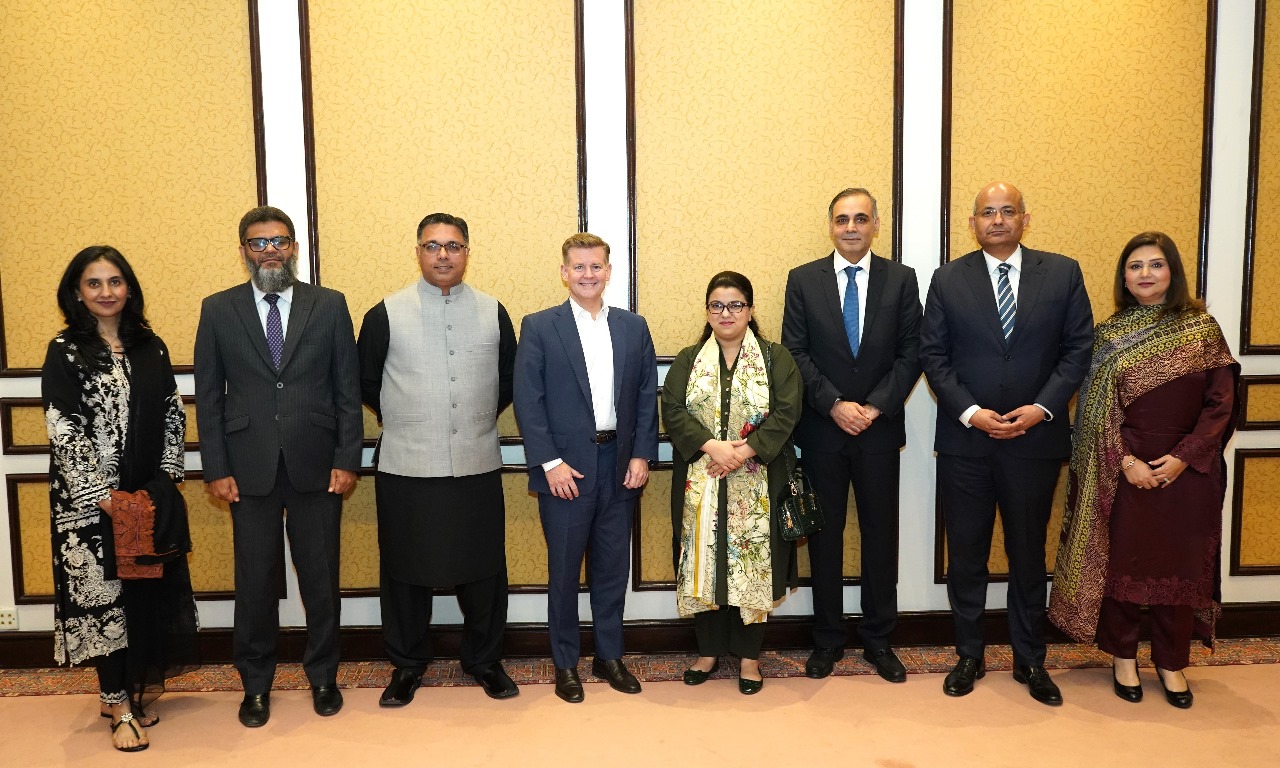Pakistan is set to undergo its first review of the $3 billion stand-by arrangement (SBA) under the International Monetary Fund’s (IMF) loan program, with a second tranche of $700 million in contention for disbursement. A delegation from the IMF, led by Nathan Porter, is scheduled to arrive in Pakistan on November 2, according to official sources within the Finance Ministry. The review process is expected to extend until November 16.
Pakistan’s Stand-By Arrangement with the IMF
The stand-by arrangement (SBA) between Pakistan and the IMF is a financial program that amounts to a significant $3 billion. This financial agreement has prompted a series of measures and reforms within Pakistan to address economic challenges and stabilize its financial situation.
IMF’s Upcoming Review
The upcoming review by the IMF is a critical milestone in Pakistan’s journey under the stand-by arrangement. It involves a delegation led by Nathan Porter, who will evaluate Pakistan’s performance during the initial three months of the program.
Review Process
The review process will be conducted in two phases. Initially, technical talks will involve an examination of economic data, as confirmed by sources familiar with the matter. Subsequently, the second phase will include policy-level discussions where new terms and conditions will be determined.
Measures and Reforms in Pakistan
As part of the program, Pakistan has already implemented a series of stringent measures. These measures are in line with the loan agreement and are aimed at addressing economic challenges and achieving fiscal stability.
READ MORE: Elon Musk Causes X’s Valuation to Plummet by $25 Billion
Stringent Measures
One of the notable measures taken by Pakistan includes an increase in electricity and gas rates. These measures are part of the commitment to fulfill the conditions set by the IMF.
Government Expenditure Reduction
Efforts are also underway to reduce government expenditures. The reduction in government expenses is a vital step towards managing the country’s fiscal responsibilities.
Privatization Program
In addition to expenditure reduction, Pakistan is advancing its privatization program. This program involves the sale of state-owned assets, a strategic move to improve economic conditions.
FBR’s Tax Collection
The Federal Board of Revenue (FBR) has achieved remarkable success in tax collection during the first quarter of the current financial year. This achievement is seen as a positive indicator of Pakistan’s efforts to meet its fiscal responsibilities under the IMF program.
Positive Indicator
The surpassing of tax collection targets by the FBR indicates that Pakistan is making significant progress in addressing fiscal challenges. It also underscores the commitment of Pakistan’s government to fulfill the IMF’s conditions.
Implications of Successful Review
The successful outcome of the review will undoubtedly have far-reaching implications for Pakistan’s economic stability. It will also determine the country’s ability to secure continued financial support from the crisis lender.
Disbursement of the Second Tranche
If the IMF is satisfied with Pakistan’s performance during the review, a second tranche of $700 million is expected to be disbursed. This financial injection can significantly contribute to Pakistan’s financial stability.
Economic Stability
A successful review is not only about receiving funds but also about establishing economic stability in Pakistan. It can enhance investor confidence and lead to economic growth.
Securing Financial Support
The IMF’s continued financial support is crucial for Pakistan to overcome economic challenges. A positive review will pave the way for further financial assistance.
Conclusion
In conclusion, Pakistan’s review of the $3 billion IMF stand-by arrangement is a significant event that can shape the country’s economic future. The stringent measures, government expenditure reductions, and successful tax collections are all steps in the right direction. The outcome of this review will determine Pakistan’s financial stability and its ability to secure ongoing support from the IMF.




